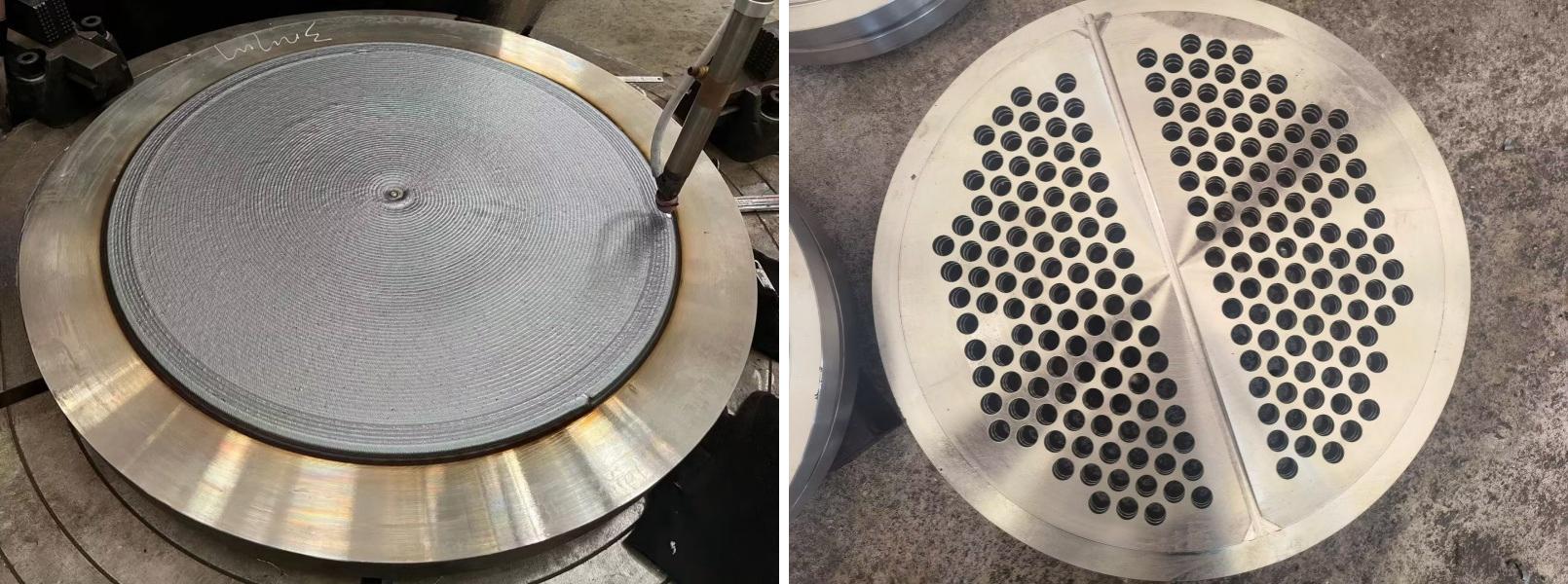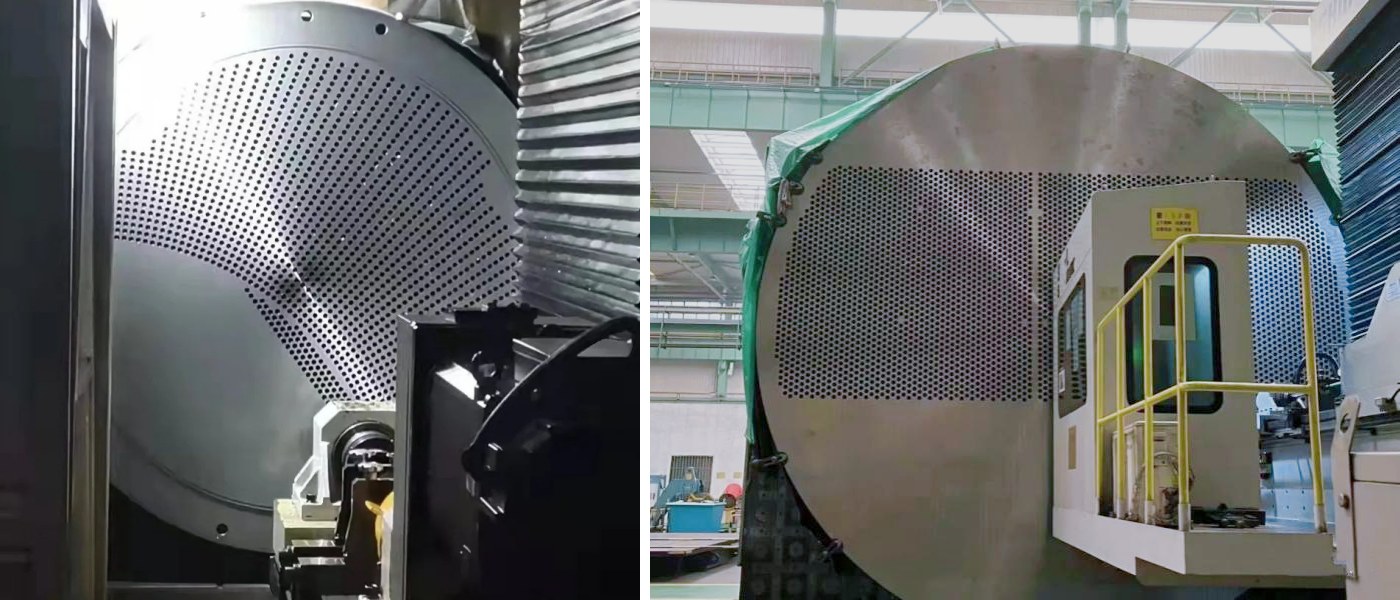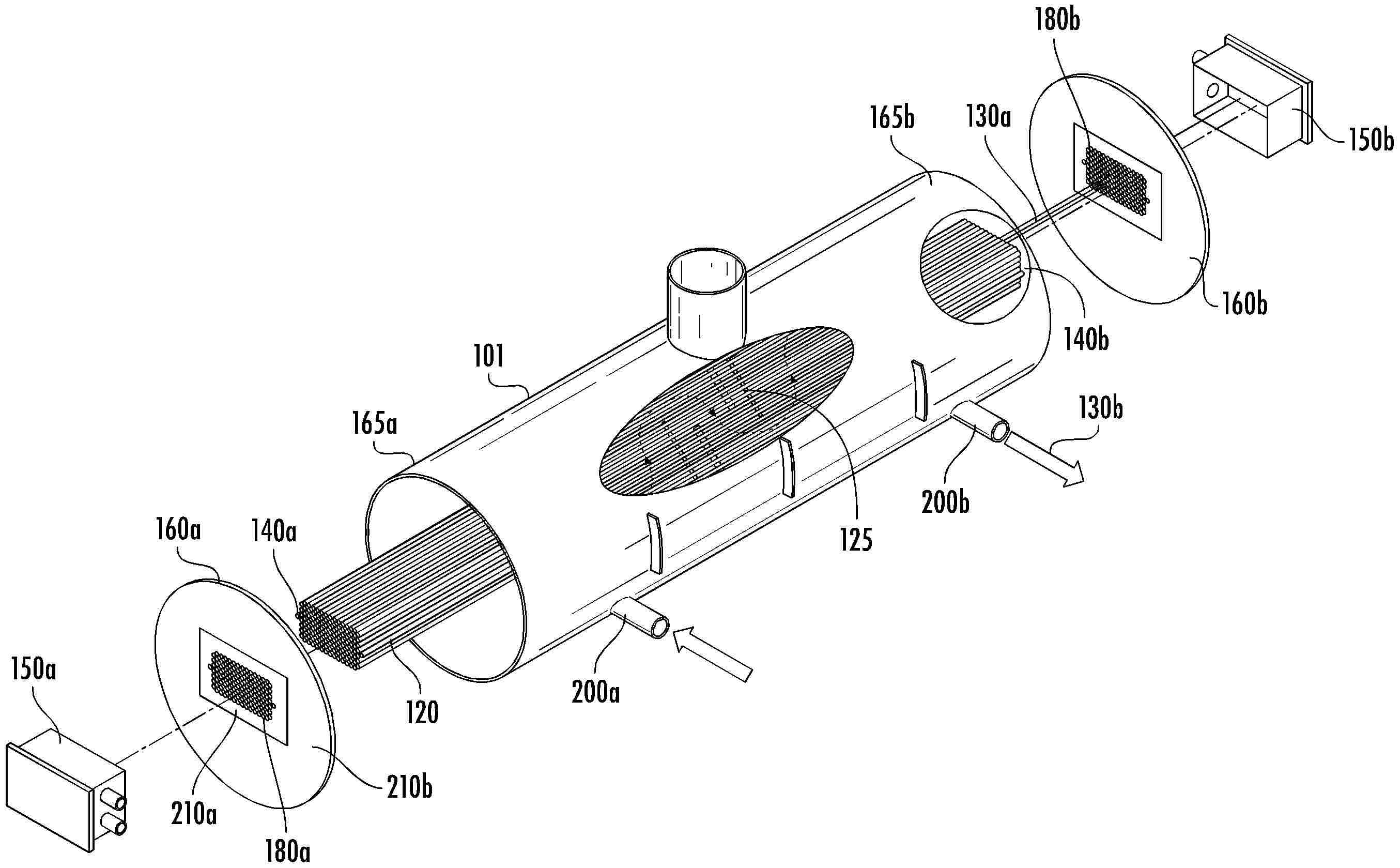
What Are You Looking For?
Corrosion resistance:
Titanium tube sheets have high corrosion resistance, high strength, light weight, and are suitable for aqua regia, chlorine gas, hydrochloric acid, nitric acid, sulfides. They have better corrosion resistance to seawater than stainless steel and are more heat-resistant and cold resistant than stainless steel. Titanium alloy tube sheets have excellent corrosion resistance and biocompatibility, making them suitable for use in more harsh environments. Stainless steel tube sheets have good corrosion fatigue resistance and wear corrosion performance, high strength and fatigue strength, low tendency for hot cracking, higher thermal conductivity compared to austenitic stainless steel, smaller linear expansion coefficient plate, and are suitable for manufacturing tubes for heat exchangers.

Strength to weight ratio:
Titanium alloy tube sheets are lighter and more durable than stainless steel tube sheets. Titanium alloy tube sheets have higher strength and lower density, making them commonly used for manufacturing high-strength parts and structures, while also being lighter in weight. Stainless steel tube plates are relatively heavy and have relatively low strength.

Production cost:
Titanium alloy tube sheets are more expensive than stainless steel tube sheets. The production and processing costs of titanium alloys are high because their manufacturing requires higher temperatures and more advanced technology, as well as more expensive materials. Therefore, if it is necessary to use in harsh environments and requires high-strength and lightweight materials, titanium alloys may be more suitable. When used in low strength, generally corrosive environments, stainless steel may be a better choice.

Titanium and stainless steel tube plates are widely used in industries such as petroleum, chemical, natural gas, medical, and food. The choice of tube plate to use needs to be comprehensively considered based on the properties of the medium and cost accounting.
